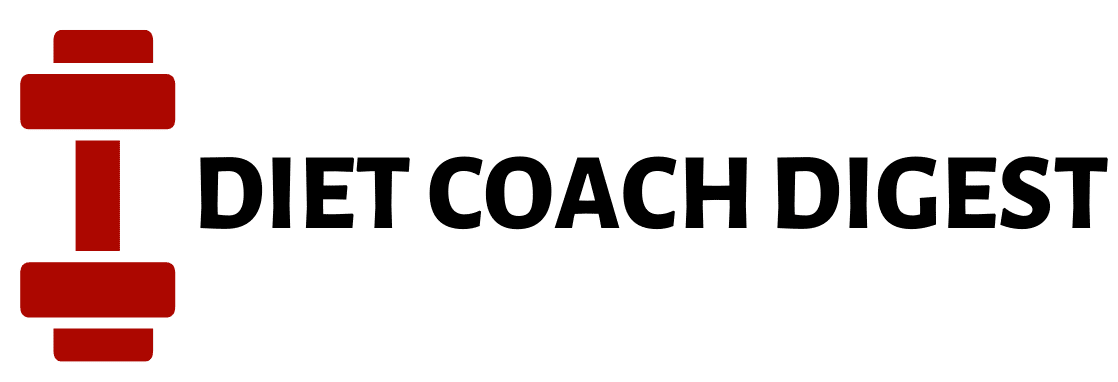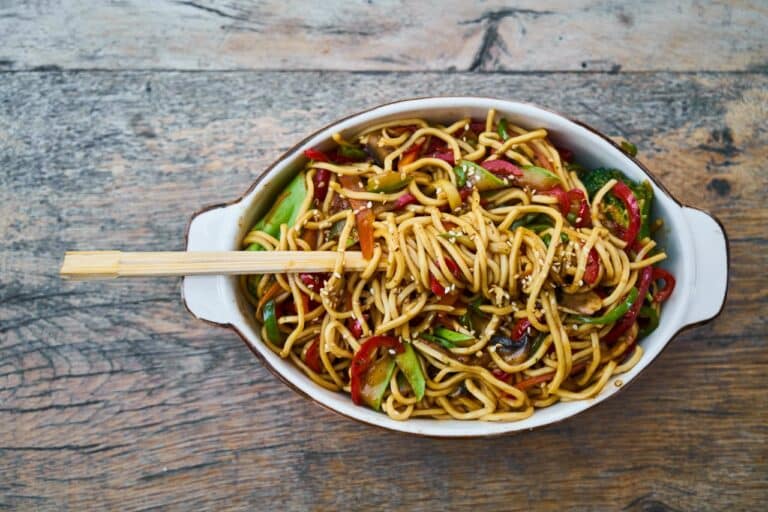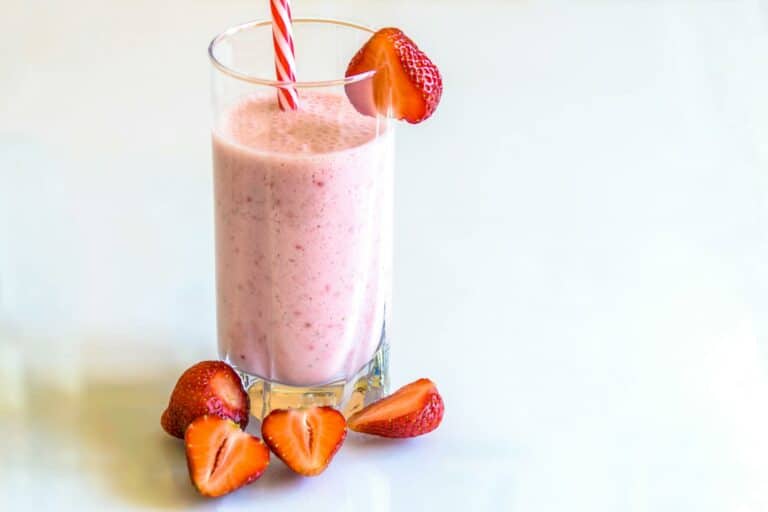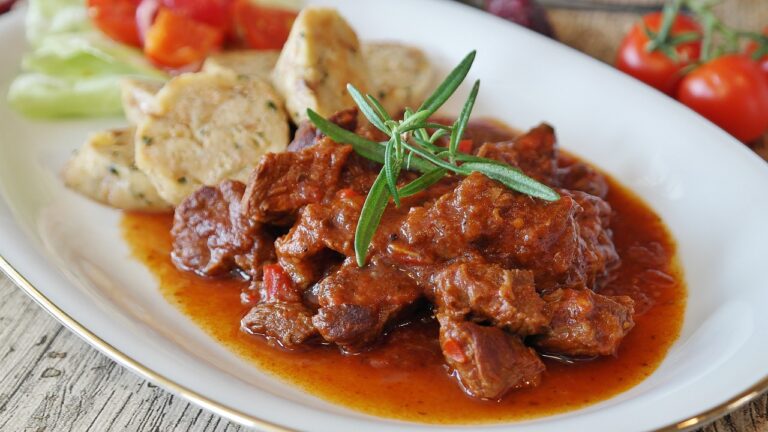Whey Protein and Weight Loss: The Ultimate Guide
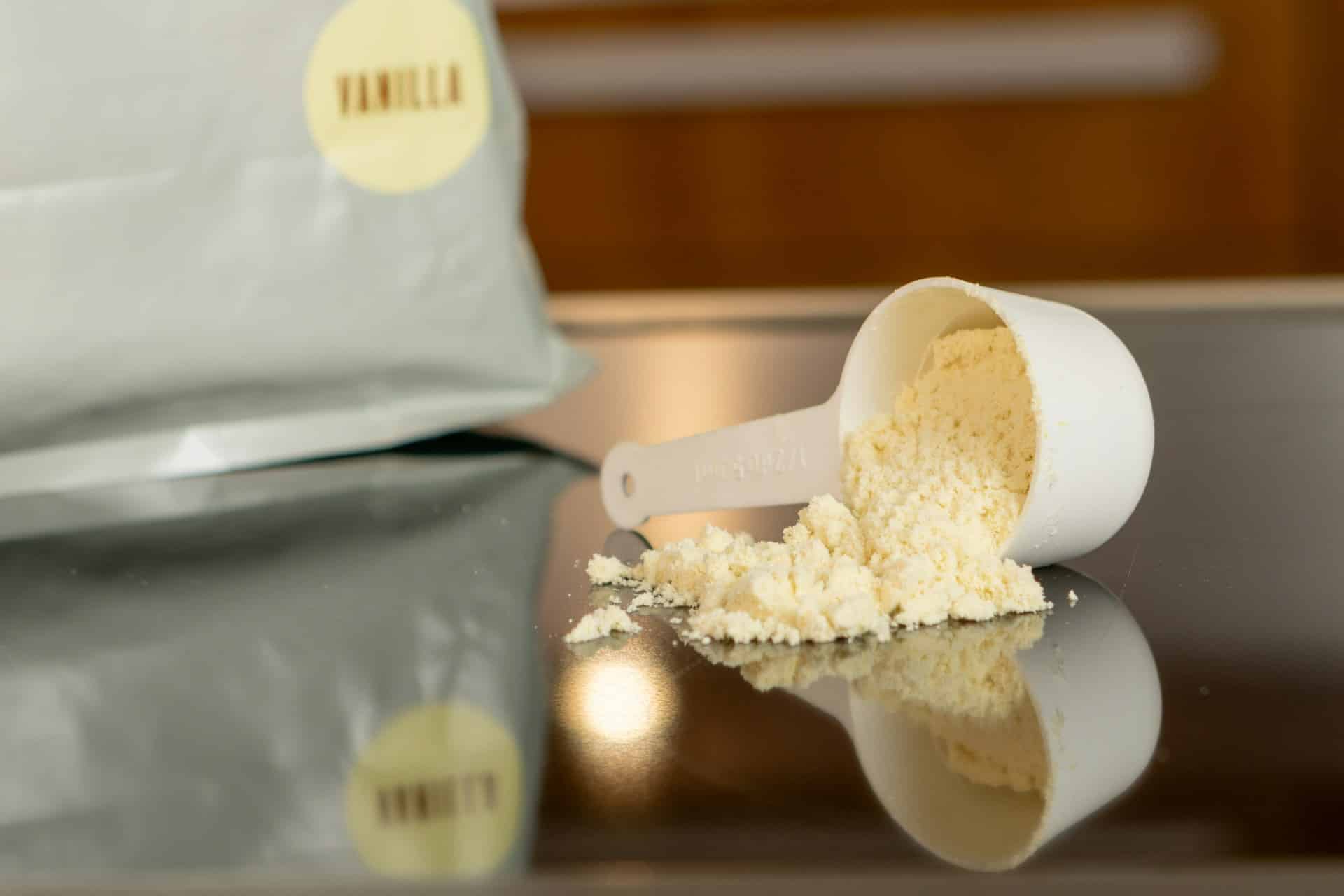
- Should You Train To Muscle Failure Every Set? What You Need To Know - March 4, 2025
- Nutrition in a Hurry: Top Post-Workout Snacks for Active People - February 20, 2025
- 15 Healthy Meal Prep Recipes: Your Weight Loss Made Easy - February 18, 2025
Have you ever wondered if whey protein could be the missing piece in your weight loss journey? Whey protein is often associated with bodybuilding and muscle growth, but did you know it also has incredible benefits for weight loss? Let’s dive into everything you need to know about whey protein and how it can help you shed those extra pounds.
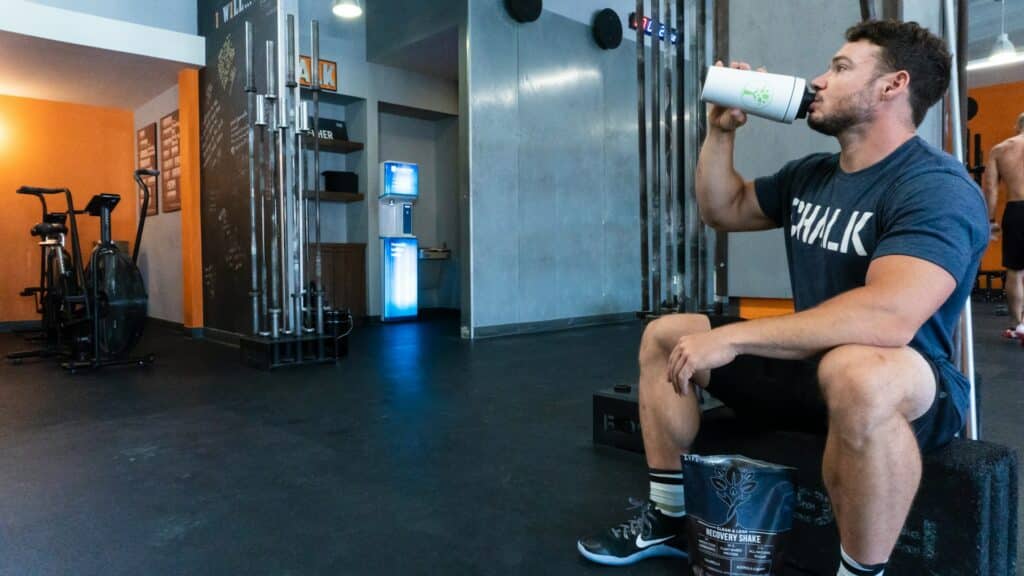
What is Whey Protein?
Whey protein is a mixture of proteins isolated from whey, the liquid part of milk that separates during cheese production. It’s packed with essential amino acids, making it a high-quality protein source that is easily digestible.
Types of Whey Protein
There are primarily three types of whey protein: concentrate, isolate, and hydrolysate. Here’s a quick breakdown:
| Type | Protein Content | Lactose Content | Description |
|---|---|---|---|
| Concentrate | 70-80% | Moderate | Least processed, contains some fats and carbs |
| Isolate | 90%+ | Low | More processed, higher protein content, less lactose |
| Hydrolysate | 90%+ | Low | Pre-digested, fastest absorption, often used in medical protein supplements |
How Does Whey Protein Aid in Weight Loss?
Whey protein can aid weight loss in several ways. By understanding each, you’ll see how integrating it into your diet can help you reach your goals.
Enhances Satiety
One of the biggest challenges in weight loss is controlling hunger. Whey protein helps you feel full longer, reducing the urge to snack between meals. This is because it boosts the release of hormones like GLP-1 and PYY, which signal fullness to your brain.
Promotes Muscle Retention
When you lose weight, it’s not just fat that you shed, but muscle too. Whey protein helps you maintain muscle mass during calorie restriction. More muscle mass means a higher baseline metabolism, which helps you burn more calories even at rest.
Boosts Metabolism
Whey protein has a high thermic effect compared to carbs and fats, meaning your body burns more calories digesting protein. This boost can slightly enhance your overall calorie burn, aiding in weight loss over time.
Reduces Cravings
Consuming whey protein can help stabilize blood sugar levels, which in turn reduces sugar cravings. This can be particularly useful if you find yourself constantly fighting the urge to indulge in sweets.
How to Incorporate Whey Protein Into Your Diet
Incorporating whey protein into your diet isn’t complicated, but a few strategies can make it more effective for weight loss.
Breakfast
Starting your day with a protein-rich meal can help stabilize your blood sugar levels and keep hunger at bay. Consider adding a whey protein shake to your morning routine.
Post-Workout
Consuming whey protein after a workout can help repair and build muscle, further enhancing your weight loss efforts. It’s a quick, convenient way to refuel your body.
Snacks
Whey protein can be a quick and convenient snack option. Bring a protein bar to work or keep a shake handy for when those mid-afternoon cravings hit.
Meal Replacement
For those particularly busy days, a whey protein shake can be a meal replacement. Just ensure it’s balanced with some fats, fiber, and carbs to make it a well-rounded meal.
How Much Whey Protein Should You Use?
The amount of whey protein you need can vary depending on your body weight, activity level, and specific weight loss goals.
Recommended Dosage
For weight loss, it’s generally recommended to consume about 0.36 grams of protein per pound of body weight daily. Let’s break it down in a simple table:
| Body Weight (lbs) | Protein Needs (grams/day) |
|---|---|
| 120 | 43.2 |
| 150 | 54 |
| 180 | 64.8 |
| 200 | 72 |
Timing Matters
The timing of when you consume whey protein can also make a difference. Many experts suggest spreading your protein intake throughout the day to maintain muscle protein synthesis levels, which can help with muscle retention and metabolism.
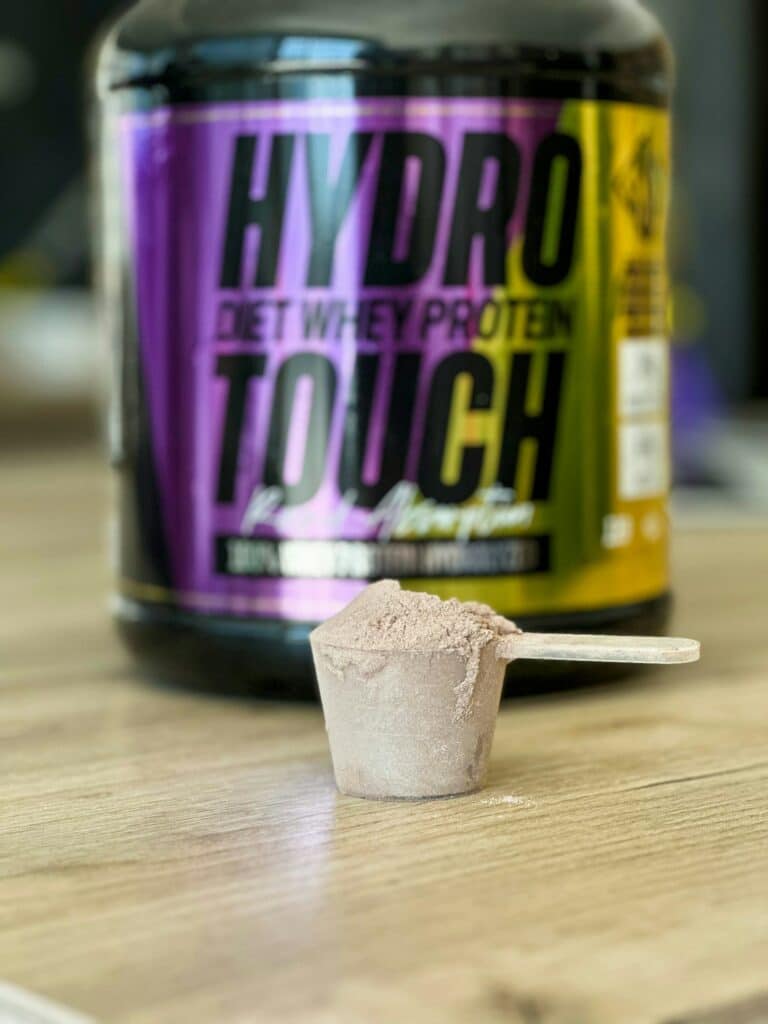
Common Myths About Whey Protein
There are many myths surrounding whey protein that can make it confusing. Let’s clear up a few.
Myth 1: Whey Protein is Only for Bodybuilders
While bodybuilders do use whey protein, it’s not exclusive to them. Anyone looking to improve their protein intake can benefit from whey protein, including those looking to lose weight.
Myth 2: Whey Protein is Unhealthy
Whey protein is made from milk and is as natural as any other protein source. It is also a complete protein, meaning it contains all nine essential amino acids.
Myth 3: Whey Protein Makes You Gain Weight
Whey protein itself does not make you gain weight. It’s the excess calorie intake that leads to weight gain. When used in moderation and as part of a balanced diet, whey protein can actually support weight loss.
Choosing the Right Whey Protein Supplement
Not all whey protein supplements are created equal. When selecting a whey protein, consider the following:
Ingredients
Look for a whey protein with minimal ingredients. Avoid products with added sugars, artificial flavors, and fillers.
Type of Whey Protein
Choose the type based on your needs:
- Concentrate: Good if you want some fats and carbs.
- Isolate: Ideal if you want higher protein content with minimal lactose.
- Hydrolysate: Best for rapid absorption and minimal digestive issues.
Third-Party Testing
Ensure the product has been third-party tested to confirm the protein content and check for contaminants.
Cost
While cost shouldn’t be the only factor, it’s worth finding a product that offers a good balance of quality and affordability.
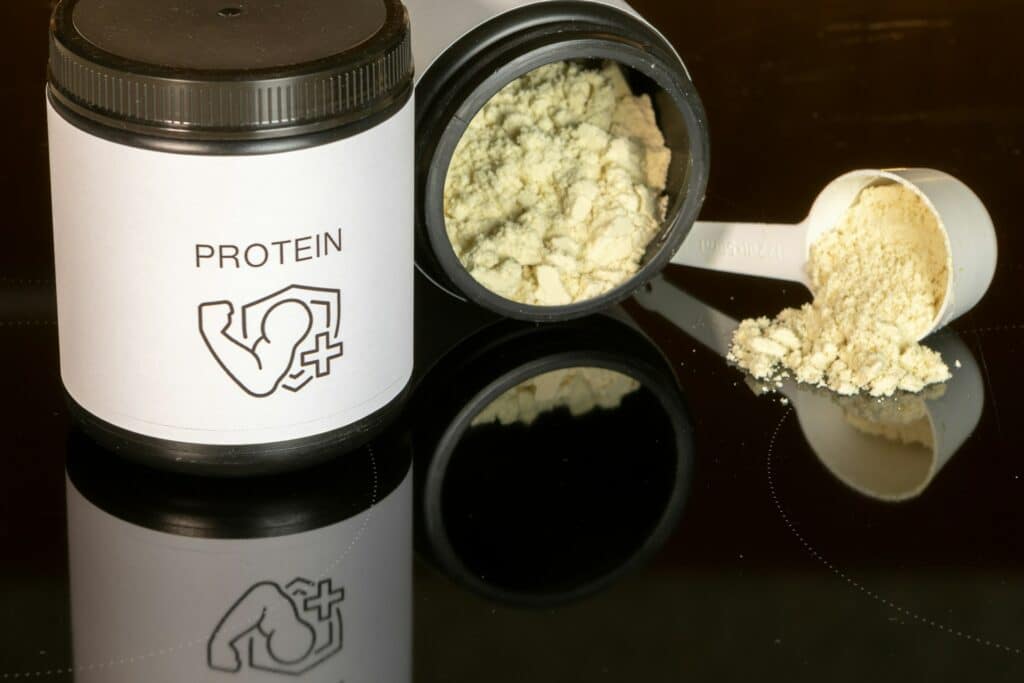
Potential Side Effects
Whey protein is generally safe for most people, but there are some potential side effects to be aware of.
Digestive Issues
Some people may experience bloating, gas, or diarrhea, especially those who are lactose intolerant. Opting for whey protein isolate or hydrolysate can mitigate these issues.
Allergies
Those with a milk allergy should avoid whey protein, as it is derived from milk. Alternatives like pea or hemp protein may be better.
Kidney Function
There’s a myth that high-protein diets harm kidney function in healthy individuals. However, for those with pre-existing kidney conditions, it’s best to consult with a healthcare provider.
Integrating Whey Protein with Exercise
Combining whey protein with exercise can optimize your weight loss results.
Strength Training
Strength or resistance training is excellent for building muscle, which can boost your metabolism. Consuming whey protein post-workout supports muscle repair and growth.
Cardio
Cardio exercises like running, swimming, or cycling burn a lot of calories. Adding whey protein can help preserve muscle mass during prolonged cardio sessions.
Balanced Workouts
A balanced exercise routine that includes both strength training and cardio can provide maximum benefits. Incorporate whey protein to support muscle recovery and fuel your workouts.
Realistic Expectations
It’s crucial to have realistic expectations when using whey protein for weight loss. While it can support your efforts, it’s not a magic bullet.
Time Frame
Sustainable weight loss takes time. Expect to see gradual results over weeks and months, rather than days.
Consistency is Key
Consistency is vital for long-term success. Regularly incorporating whey protein and maintaining a balanced diet and exercise routine will yield the best results.
Individual Variability
Everyone’s body reacts differently. What works for one person might not work for another. Monitoring your progress and adjusting as needed is essential.
Whey Protein Recipes for Weight Loss
Integrating whey protein into your diet doesn’t have to be boring. Here are a few tasty recipes to make it more enjoyable.
Protein Pancakes
Ingredients:
- 1 scoop whey protein
- 1/2 cup rolled oats
- 1/2 banana
- 1/2 cup egg whites
- 1/4 cup almond milk
Instructions:
- Blend all ingredients until smooth.
- Pour batter onto a hot griddle and cook until bubbles form. Flip and cook until golden brown.
Protein Smoothie
Ingredients:
- 1 scoop whey protein
- 1 cup almond milk
- 1/2 banana
- 1/2 cup frozen berries
- 1 tbsp flax seeds
Instructions:
- Blend all ingredients until smooth.
- Enjoy it as a quick breakfast or post-workout snack.
Protein Overnight Oats
Ingredients:
- 1 scoop whey protein
- 1/2 cup rolled oats
- 1 cup unsweetened almond milk
- 1 tbsp chia seeds
- 1/2 apple, chopped
Instructions:
- Combine all ingredients in a jar or bowl.
- Let sit in the refrigerator overnight.
- Stir and enjoy cold in the morning.
Conclusion
Whey protein can be a powerful ally in your weight loss journey. From boosting satiety and metabolism to helping you retain muscle mass, there are numerous benefits. You can optimize your weight loss efforts by understanding how to incorporate it effectively, choosing the right supplement, and pairing it with an appropriate exercise routine. Remember, consistency and realistic expectations are key. Happy shedding!
Table of Contents
